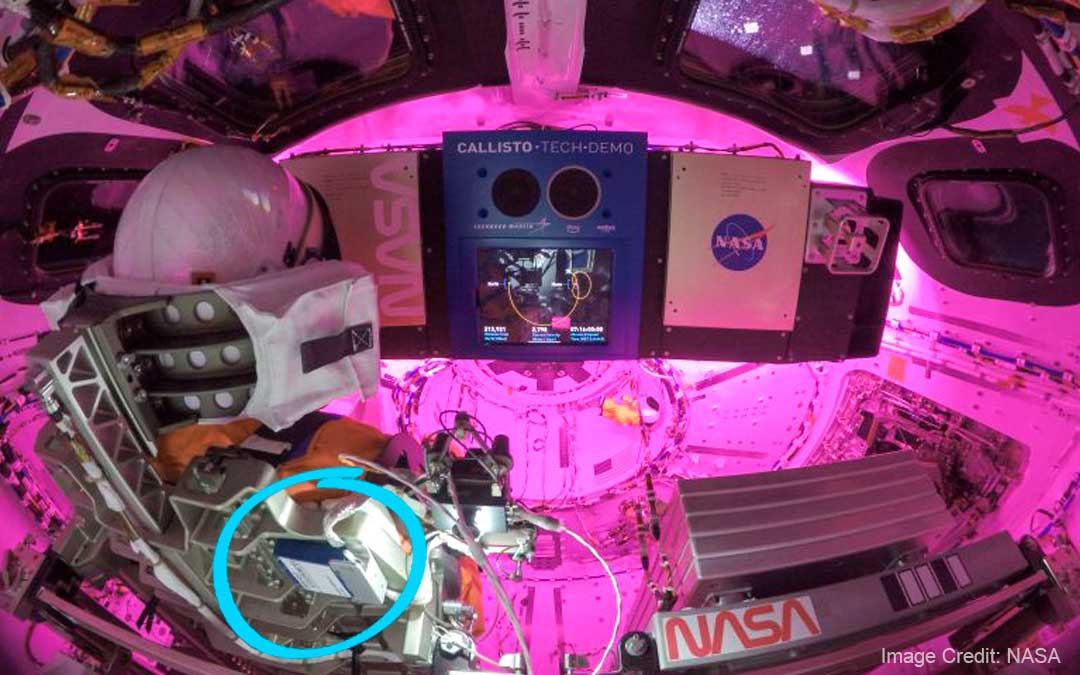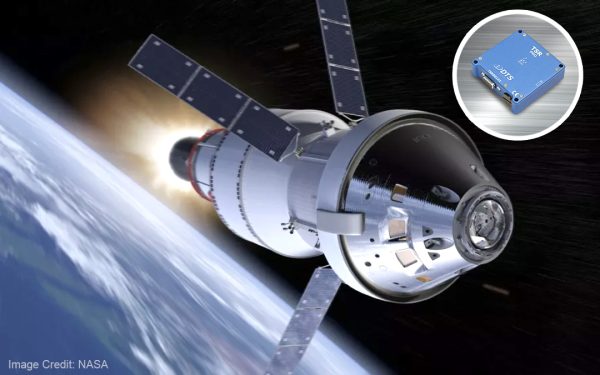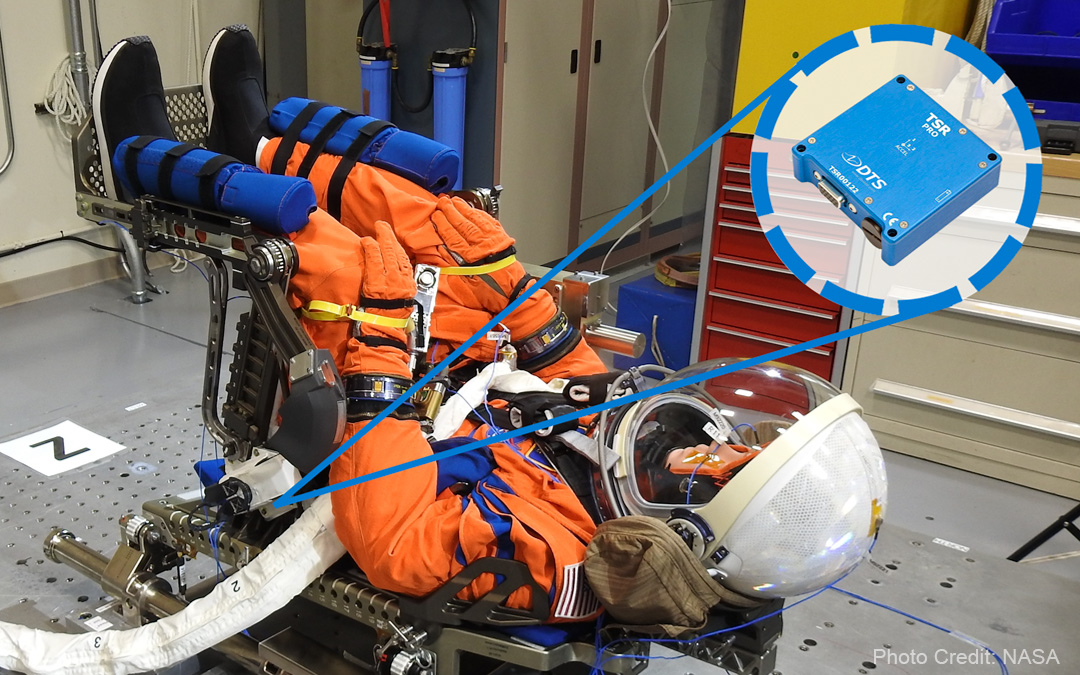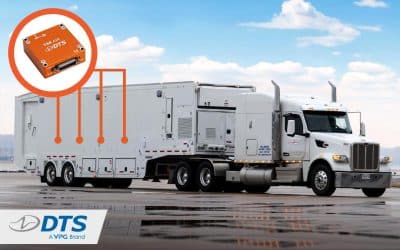
DTS is excited and proud to be part of the Artemis 1 mission – take a look! Yes, that is a DTS TSR PRO shown onboard Artemis 1 – to the moon and back!
UPDATE Dec. 11, 2022: Success! After 251/2 days, the Artemis I mission made a successful splashdown on December 11, 12:40 ET in the Pacific Ocean off Mexico’s Baja California.
UPDATE Dec. 2, 2022: After successfully completing the retrograde departure burn using the main engine on the European Service Module (https://blogs.nasa.gov/artemis/), Orion is on the return journey home. The burn was one of two maneuvers needed prior to Orion’s splashdown scheduled for Dec. 11.
We are proud to announce that a DTS TSR PRO data logger is traveling beyond the moon onboard Artemis 1, to help capture vital acceleration and vibration data that can help improve astronaut safety on the upcoming crewed mission, Artemis II.
Space, the final frontier… now, as we reach further into space, exploring that “final frontier” is no longer an if, but a when. With the recent launch of Artemis 1, part of NASA’s Artemis program developed to return us to the moon and beyond, we are that much closer to glimpsing more of what is ‘out there.’
Artemis 1, crewed by a manikin, is a mission of testing new technologies. The new technologies include the Space Launch Rocket (SLS) system, the most powerful rocket in the world. According to NASA1:
The crew is expected to experience 2.5 times the force of gravity during ascent and four times the force of gravity at two different points during the planned reentry profile. Engineers will compare Artemis I flight data with previous ground-based vibration tests with the same manikin, and human subjects, to correlate performance prior to Artemis II.
To help gather this data, the manikin’s seat is outfitted with sensors designed to record acceleration and vibration data during the mission. The DTS TSR PRO data logger, which is embedded in the seat back, is triggered to record when the hatch door closes. The vital acceleration data captured by the TSR PRO will help NASA better understand what forces astronauts may experience on Artemis II, the first scheduled crewed mission of the Orion spacecraft set for 2024.
“It’s critical for us to get data from the Artemis I manikin to ensure all of the newly designed systems, coupled with an energy dampening system that the seats are mounted on, integrate together and provide the protection crew members will need in preparation for our first crewed mission on Artemis II,” said Jason Hutt, NASA lead for Orion Crew Systems Integration.
The DTS TSR PRO is a compact rugged data logger that makes it easy to measure acceleration forces in extreme test environments such as rocket launches, space flight, and splashdowns. The data logger has a built-in data recorder and sensors and is self-powered for unattended monitoring of acceleration and vibration. When the hatch door of the capsule closes it triggers the TSR PRO to begin recording to capture that key data which can help contribute to astronaut safety on future missions.
Congratulations NASA on this historical enterprise. We can’t wait to see what’s next!
To read more about the TSR PRO & NASA’s Artemis 1 Mission go to Taking the Next Leap to the Moon.
Resources
1. https://www.nasa.gov/feature/purposeful-passenger-artemis-i-manikin-helps-prepare-for-moon-missions-with-crew
November 16, 2022
Related Articles
DTS Application Spotlight: Satellite Transportation Monitoring
How the TSR AIR data logger is helping ensure the safe transit of high-value assets.
DTS Innovation Room 2024
Join us at the DTS Innovation Room Oct 22-23 Automotive Testing Expo North America
DTS Named Best Place to Work for 5th Year
For a fifth consecutive year Diversified Technical Systems (DTS), headquartered in Seal Beach, California, was named as one of the Best Places to Work in Orange County.






